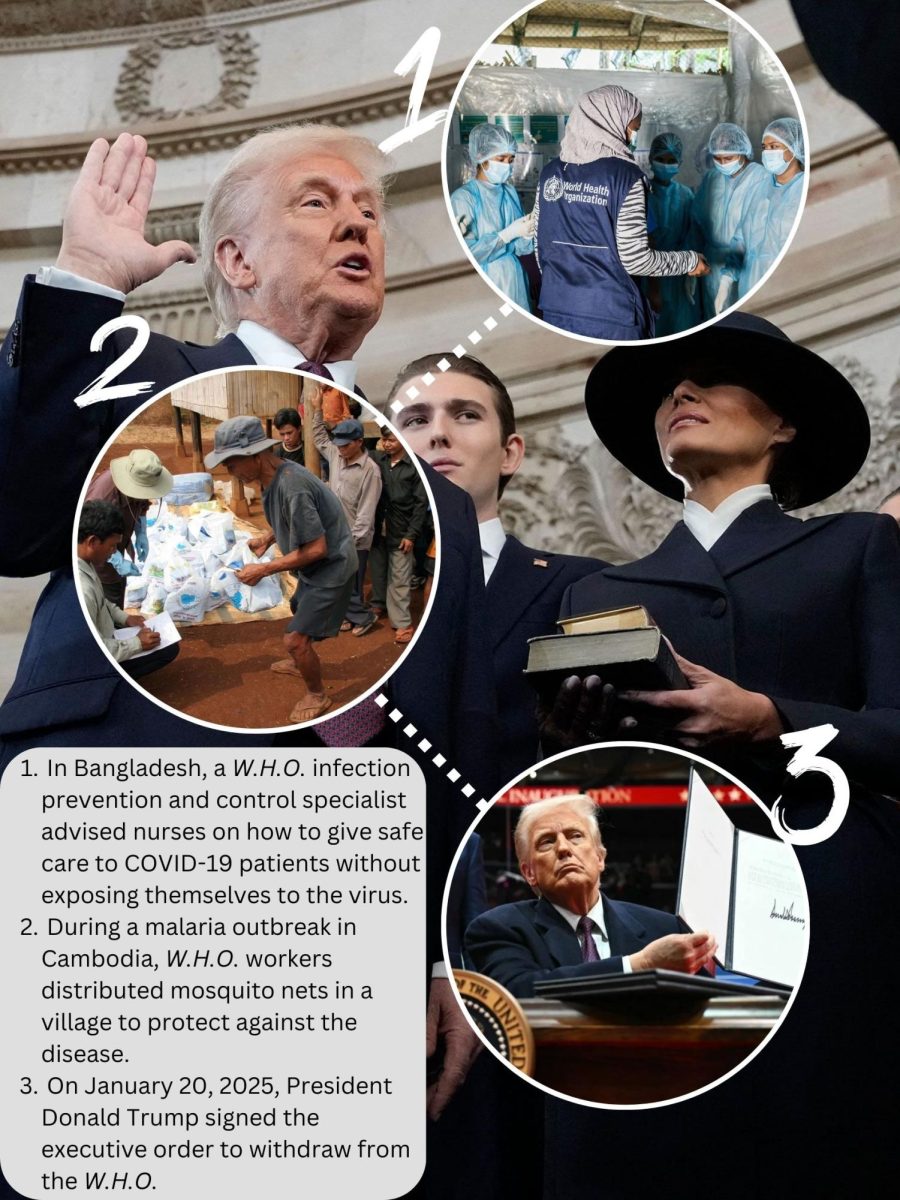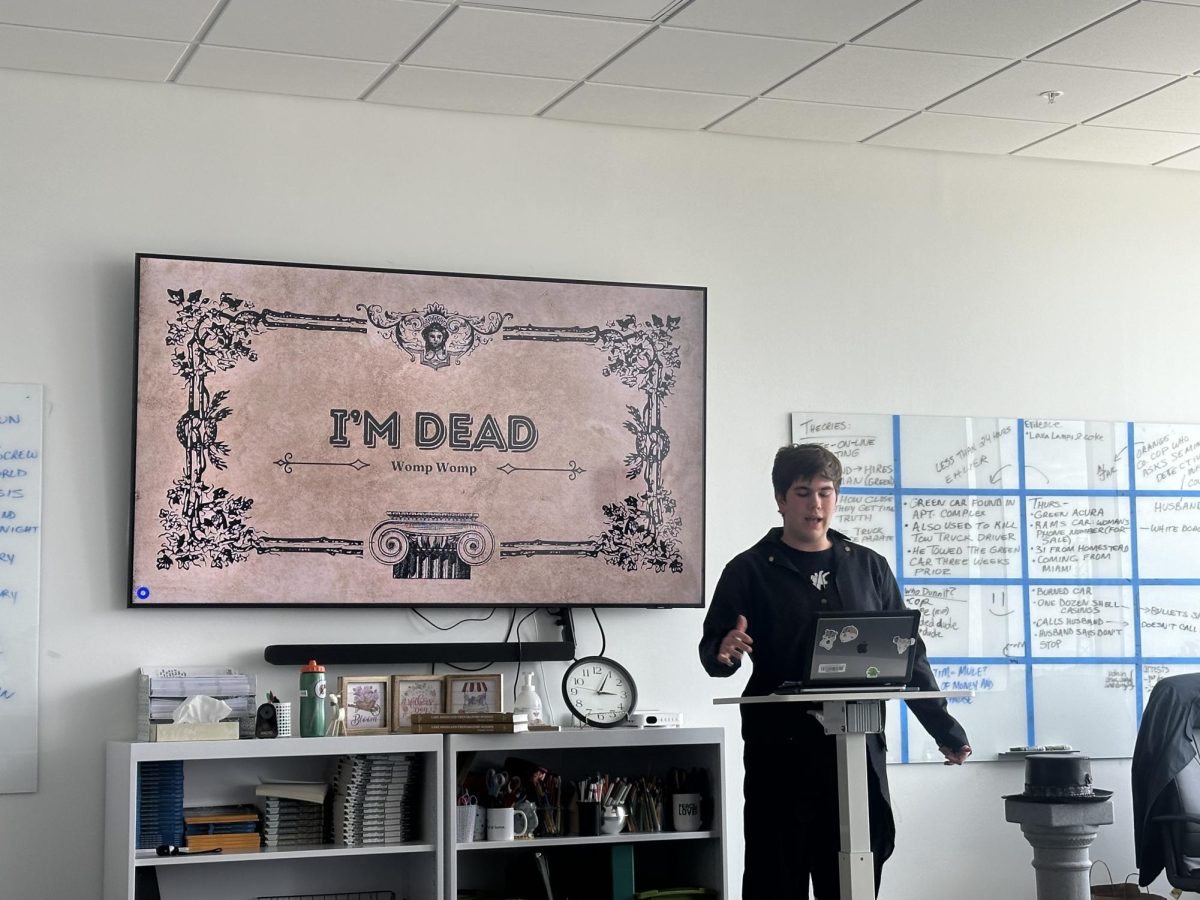When people hear the word sexism, the first thing that comes to mind is typically man versus woman. However, a type of lesser known sexism, and therefore, arguably more dangerous, is the sexism between women themselves. Don’t get me wrong; some men in society are still to blame for the root of sexist practices. Nevertheless, women themselves are subconsciously grow up competing against the perfect woman that society expects, creating unrealistic standards for themselves and each other. From being told to conform at young ages, to having to constantly defend their choices in order to prove their worth, today’s girls are being raised in a world that pits them against each other, while society sits back and watches the show.
As with all forms of injustice, getting to the root cause of a problem is when we can begin to adequately solve it. In internalized sexism, beliefs that are created by society are enforced by young men. As more men enforce these thoughts for longer periods of time, young women internalize them and conform to society’s expectations. Some women even begin to look down upon women who do not conform by distrusting other women, devaluding females, or preferring men to other women according to the Internalized Misogyny Scale (IMS) as cited by the University of California San Diego. This behavioral pattern contributes to the normalization of these thoughts and expectations, enforcing them as the truth. In doing so, this behavior creates extremely hostile and competitive environments for young women. As younger generations of girls are exposed to these concepts, either by watching the women around them internalize it, or by being told by other women in their lives to conform, their young and very malleable minds begin to believe that these thoughts are simply the way things. With these beliefs so deeply ingrained in and accepted by society, it becomes extremely difficult to fight these beliefs.
So why is this so concerning? On a large scale, this internalized sexism, which allows women to tear each other up, results in two major problems. First, misogynistic behavior is spread deeper and farther into our lives than we can imagine, only making it harder to fight. Secondly, women lose out on a united front, only adding to the problem. In fact, according to a Capstone done by Utah State University psychology student Audrianna Dehlin in 2018, “One study found that women conveyed dialectic practices or internalized sexism on average 11 times per 10-minute increment of conversation.” In other words, we are so busy fighting ourselves that we forget why we are arguing in the first place. And if that happens, then both the young girls and boys of today carry that behavior on for generations to come. The boys will become the men who create the men vs. women battle, and the girls will grow up to be the women in a battle against themselves without even knowing it.
More specifically, internalized sexist beliefs can cause mental and physical health consequences particularly for young girls. Whether a woman is told to calm down after a sexist joke or comment, or to act ladylike, the normalization of these thoughts can lead to emotional distress as it invalidates their feelings. Furthermore, young girls are consistently comparing personal reactions to the reactions of other females in similar situations. When reactions differ, females put women down and indirectly compete with them. Multiple studies cited that these interactions among fellow women cause, “Psychological distress” as confrontations can lead to increased anxiety to do what is expected. This also hinders the fight against sexist and misogynistic beliefs as women drag each other down.
Similarly, when it comes to beauty standards being forced upon women, competition is again created as some girls are valued more than others. This causes body dysmorphia, which can lead to physical health issues such as eating disorders caused by unsustainable diets and workout plans. In doing so, girls begin to put an immense amount of pressure on themselves to fit into certain standards and look down upon others who don’t. This is even more significant in severe circumstances, such as objectifying and assaulting women or abusing them. The normalization of these actions by women makes them believe that this is the way they are supposed to be treated, resulting in even more danger.
Internalized sexism doesn’t just affect women’s health. As these sexist thoughts are widely accepted by society, certain behaviors are accepted too. When women claim to be, “Different than other girls,” they drag these other females down, most clearly seen in the classic “tomboy vs. girly girl” scenario. Therefore, women are constantly creating competition with one another by comparing themselves instead of uplifting each other.
This is also evident in all kinds of relationships. In fact, in many romantic encounters portrayed on the big screen, women are told to fight each other to keep their partner’s attention, instead of addressing the fact that their partner is the one wronging them both. However, this isn’t just limited to romance. In fact, it is arguable that sexism is most dangerous when it comes to female relationships with one another. Whether it is choosing a career over being a homemaker, deciding to have children or not, or even comparing how one woman takes on her life or career compared to another, these comparisons are largely made by women on other women, forcing females to constantly defend themselves.
This is particularly notable in academics and the workforce. When women are told to not act, react, and say certain things, especially when by other women, it fundamentally silences them and invalidates their beliefs. In doing so, women lack confidence and have to work twice as hard for half the opportunities. In fact, according to Forbes, a study done by Hewlett-Packard revealed that women felt as though they needed to meet 100% of qualifications for a promotion, compared to men who felt they only needed to meet 60%. But how does this further contribute to internalized sexism? When there are not as many women as men at the top of a particular field, those who are in top positions begin to view other women as intellectually less than.
Therefore, when it comes to fighting sexism and misogyny, the hardest battle becomes undoing the fight against ourselves. This concept is so deeply ingrained in society, we can’t even recognize it. Whether women are actively competing against each other, or silently helping enforce society’s expectations of us, we seem to unknowingly get caught up within the problem itself instead of trying to fix it. In doing so, we allow sexism to continue to go even deeper than it already has, as future generations will continue to see truth in these concepts. It is vital to acknowledge our own roles in bringing other women down, in order to create unity and effectively fight the belief system holding, women and therefore all of society, back. After all, everyone benefits from a world that allows equity for all.










































